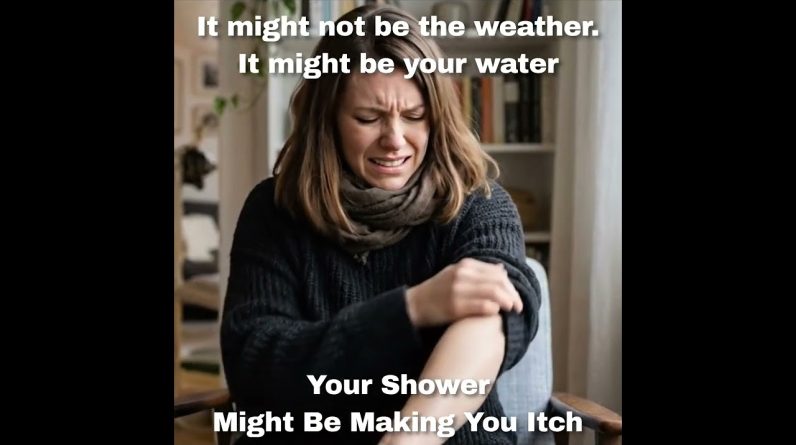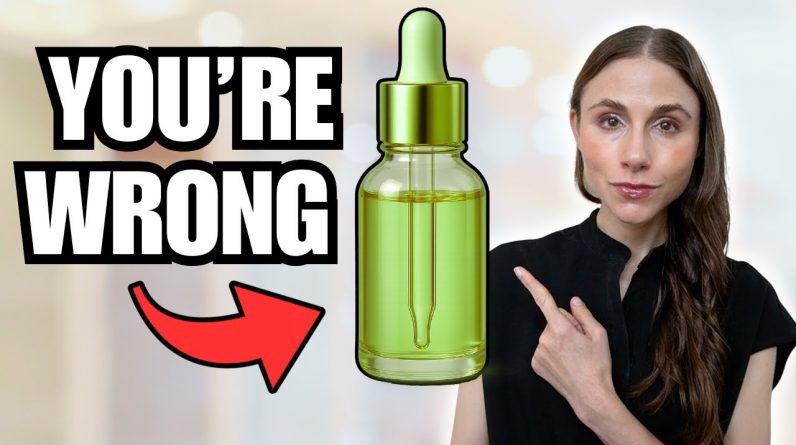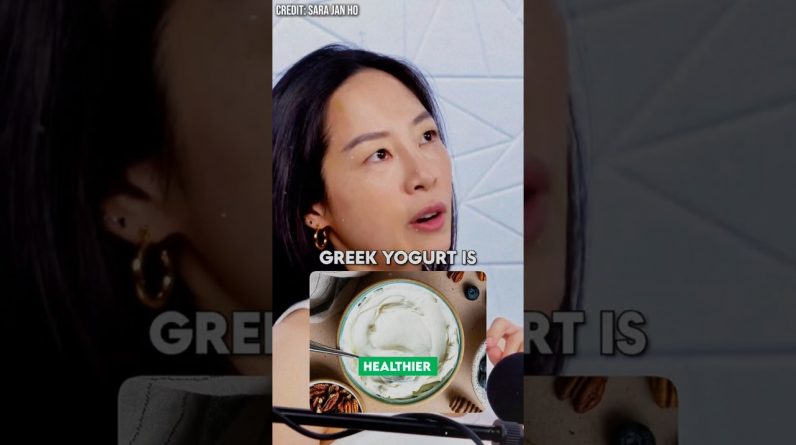herpes whitlow proven and effective method to
PERMANENTLY ELIMINATE THE HERPES VIRUS FROM YOUR BODY
click the link
PLEASE LIKE, SHARE AND SUBSCRIBE TO MY CHANNEL
#herpeswhitlow
herpes whitlow?
herpes whitlow is a viral infection where small blisters form on the fingers and the fleshy area around the fingertips. These sores or blisters are often painful and develop after direct contact with an infected sore.
The herpes simplex virus (HSV) causes this infection. There are two types of HSV. Type 1 usually affects the area around the mouth, lips, and face, whereas type 2 usually affects the genitals.
Since herpes whitlow is caused by the same virus responsible for cold sores and genital herpes, it is extremely contagious. For that reason, it’s important that you recognize symptoms of this condition and take steps to protect yourself.
What are the symptoms of herpes whitlow?
herpes whitlow can develop on any of your fingers. Although the presence of a blister is a common sign of this infection, your fingers may become red or swollen before a blister forms.
Symptoms of herpes whitlow can appear one to two weeks after exposure to the virus. You may develop one blister or a cluster of blisters. It can take up to three weeks for the blisters to heal.
Eventually, the blister ruptures on its own and a scab forms. herpes whitlow can also produce a fever and swollen lymph nodes.
It’s possible to get recurrent infections after an initial infection, but this is rare. However, recurrent infections of herpes whitlow are usually less severe and heal faster because the body has developed antibodies to fight the virus.
What causes herpes whitlow?
You can only develop this condition if your finger comes in contact with type 1 or type 2 HSV. Some people who get herpes whitlow have a history of cold sores or genital herpes, but this isn’t always the case.
If you’ve been diagnosed with HSV, herpes whitlow may occur as a secondary infection. This can happen if you have an open cut or sore on a finger that comes in contact with sores or blisters around your face or genital area. The virus can enter your finger through this cut. If you don’t have a history of HSV, herpes whitlow may develop if you come in contact with herpes sores or blisters on an infected person.
How does a doctor diagnose herpes whitlow?
The appearance of a sore or blister on your finger isn’t usually a cause for concern. Some sores are due to friction, insect bites, or injury, and typically heal on their own. However, if you develop a painful pocket of pus, called an abscess, on your finger and can’t pinpoint a cause, see your doctor.
Doctors can usually identify viral infections based on the appearance of sores or lesions. If your doctor suspects a virus, a skin swab or blood test can confirm or rule out herpes whitlow.
How is herpes whitlow treated?
herpes whitlow doesn’t require treatment. The condition usually heals within a few weeks without medication, but a prescription antiviral drug can shorten the duration of an infection. Antivirals are only effective when taken within 24 hours of developing symptoms.
Antivirals also lower the risk of spreading the infection to other people. If a blister ruptures and becomes infected with bacteria, your doctor can prescribe an antibiotic.
You can treat herpes whitlow at home by:
taking a pain reliever — such as acetaminophen or ibuprofen — to reduce pain and fever
applying a cold compress several times a day to reduce swelling
cleaning the infected area daily and covering it with gauze
Complications of herpes whitlow
Due to the contagious nature of this infection, you should keep the blistered area covered until it heals. If you don’t, the infection could spread to other parts of your body or infect other people. Wearing gloves while cleaning an infected area also prevents spreading the infection to other parts of your body. As a precaution, don’t wear contact lenses if you have herpes whitlow. If you touch your eye with an infected finger, the virus could spread to your eye.
Unfortunately, there’s no treatment available to cure the herpes simplex virus. Once an initial infection goes away, the virus may remain dormant in your body for years. So even after herpes whitlow symptoms disappear, you could experience another outbreak later on, although this is unlikely.
Shelley Grace Craft
Herpes Whitlow








